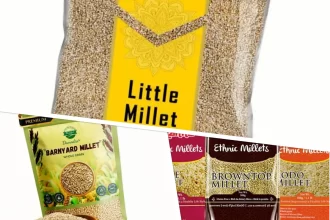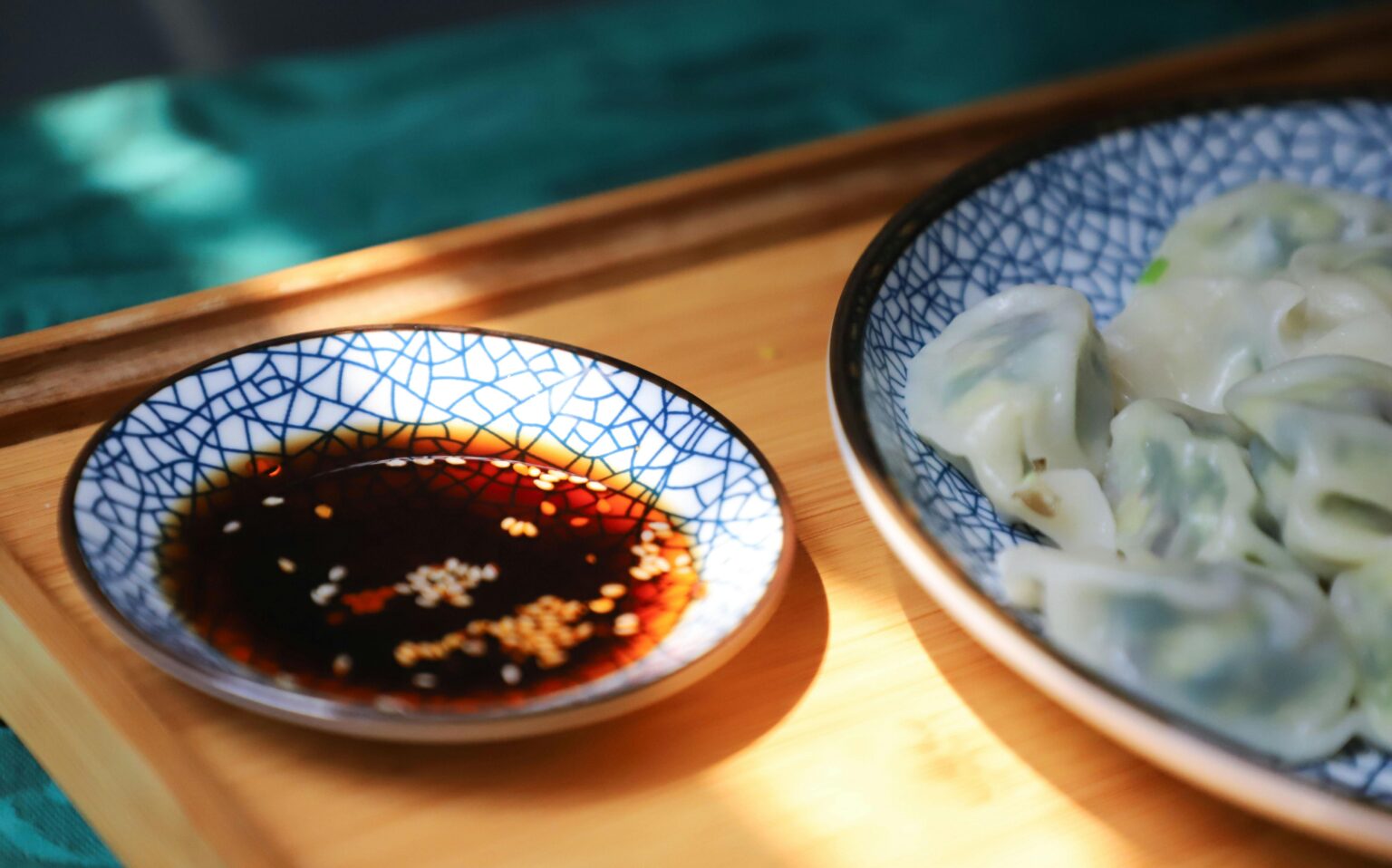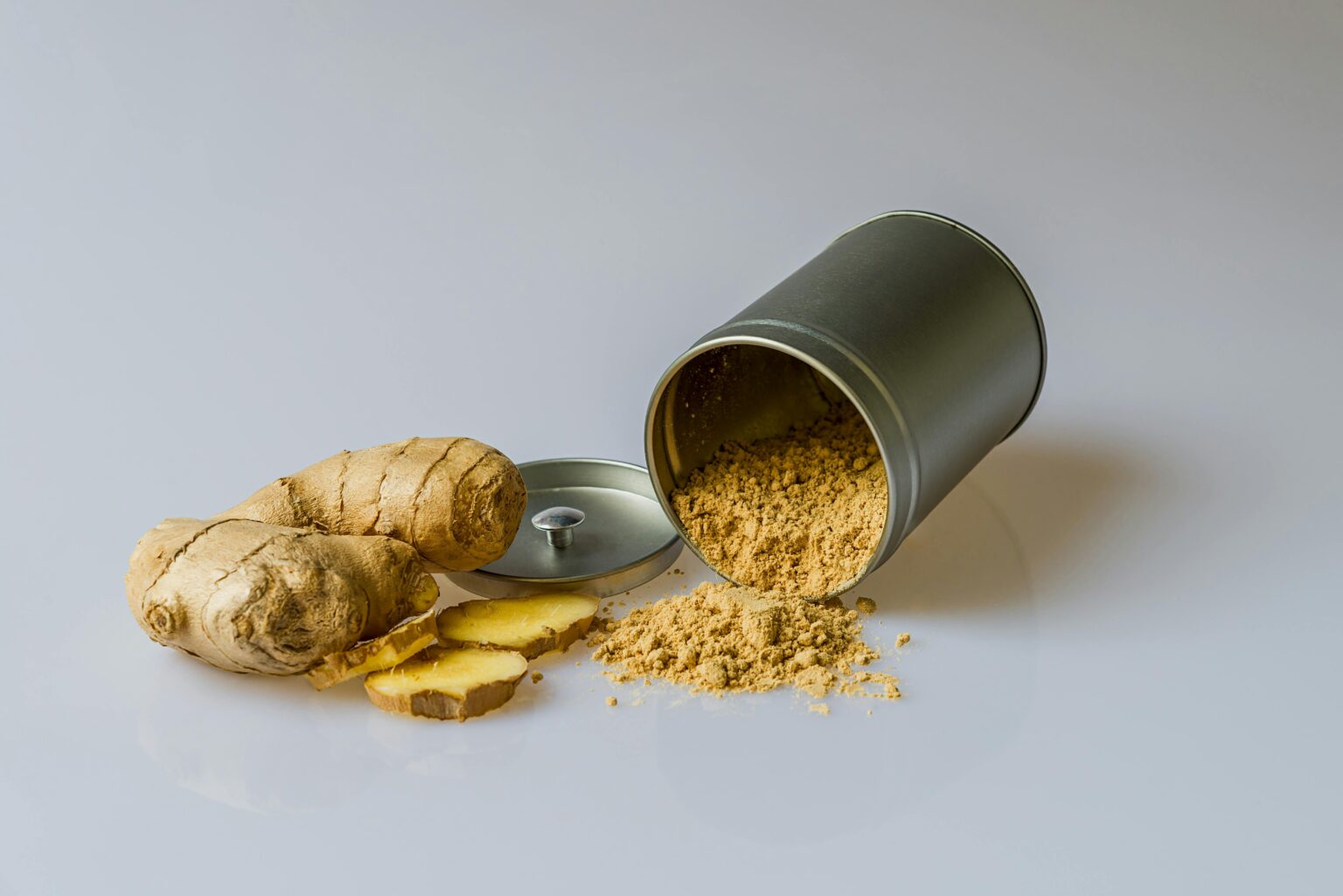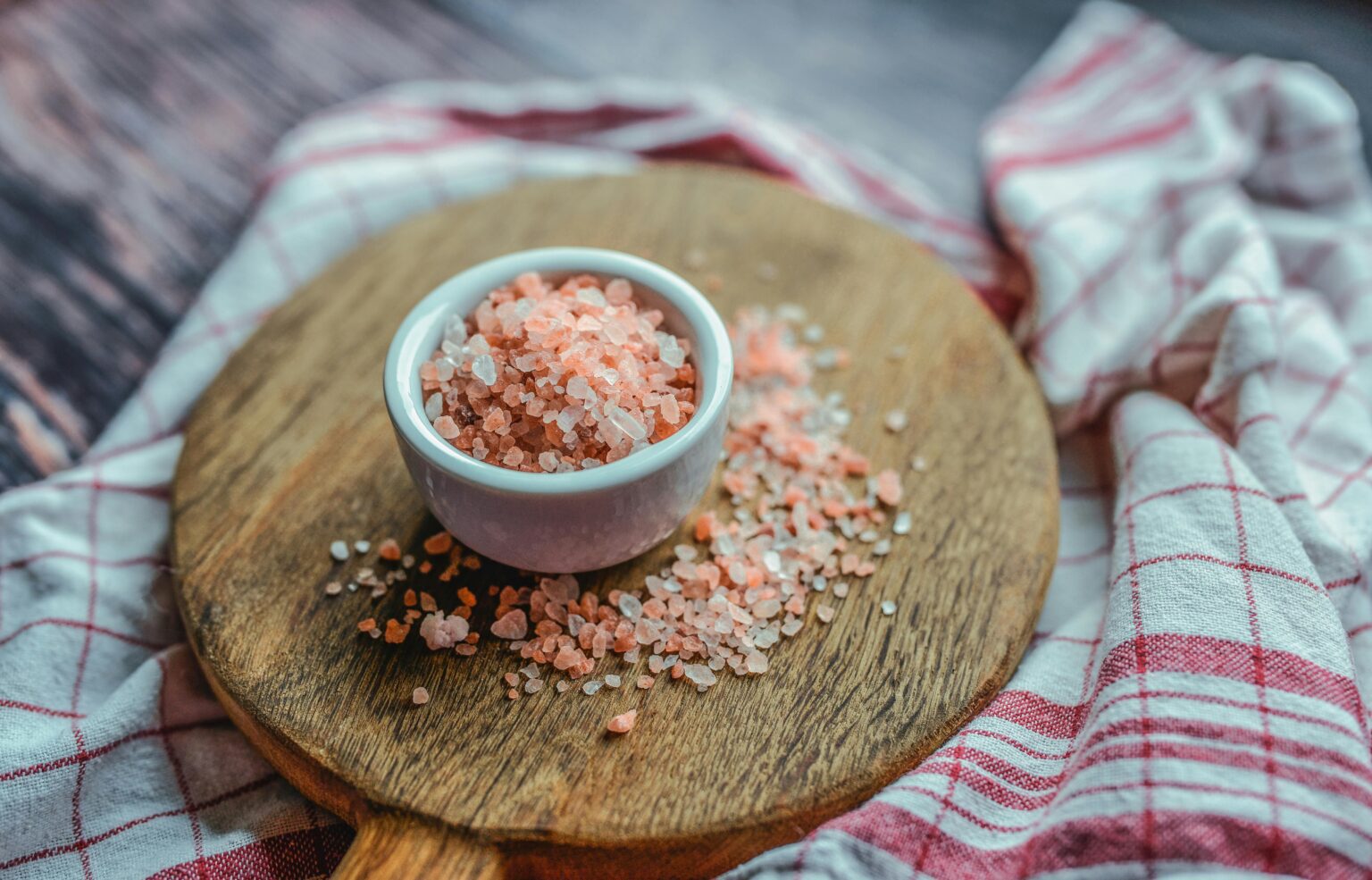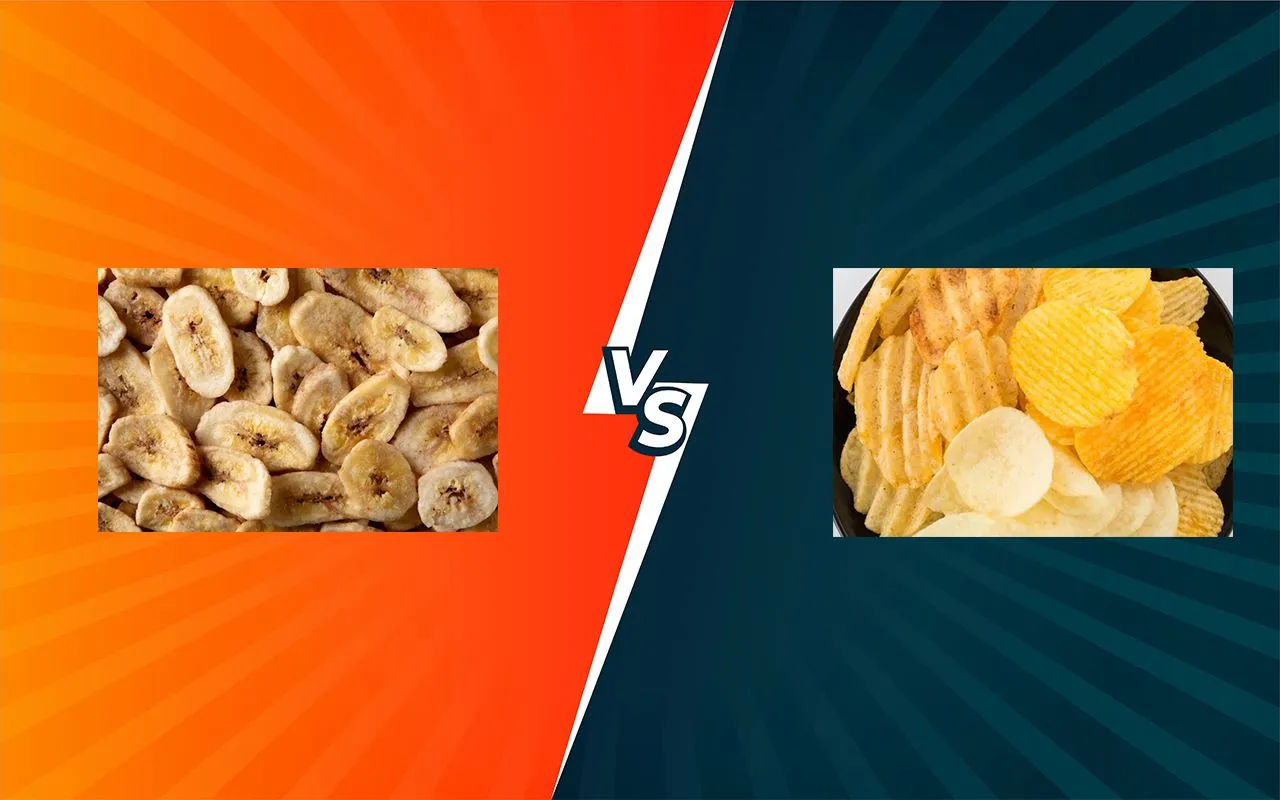Cassareep, a dark and syrupy liquid derived from cassava root. Cassava is also called yuca, manioc, or Manihot esculenta, and is a quintessential ingredient in Guyanese cooking. Used in various dishes, it not only adds depth of flavor but also acts as a natural preservative. Let’s dive into the world of cassareep and uncover its significance in Guyanese cuisine.
The Essence of Cassareep
Cassareep is made by boiling cassava juice until it reduces and caramelizes into a thick, dark syrup. Traditionally, it is prepared by the Indigenous peoples of Guyana and has been integral to Guyanese culinary heritage for centuries. Its unique flavor, both sweet and bitter, lends complexity to dishes and is often described as having a smoky, tangy undertone.
Versatile Uses
Cassareep is a versatile ingredient, featured prominently in many Guyanese recipes, including Pepperpot, Black Cake, and Metemgee. In Pepperpot, a hearty stew enjoyed during festive occasions, cassareep not only imparts its distinct flavor but also helps tenderize the meat and prolong its shelf life. Similarly, in Black Cake, a dense and rich fruitcake enjoyed during Christmas celebrations, cassareep adds richness and depth to the cake’s flavor profile.
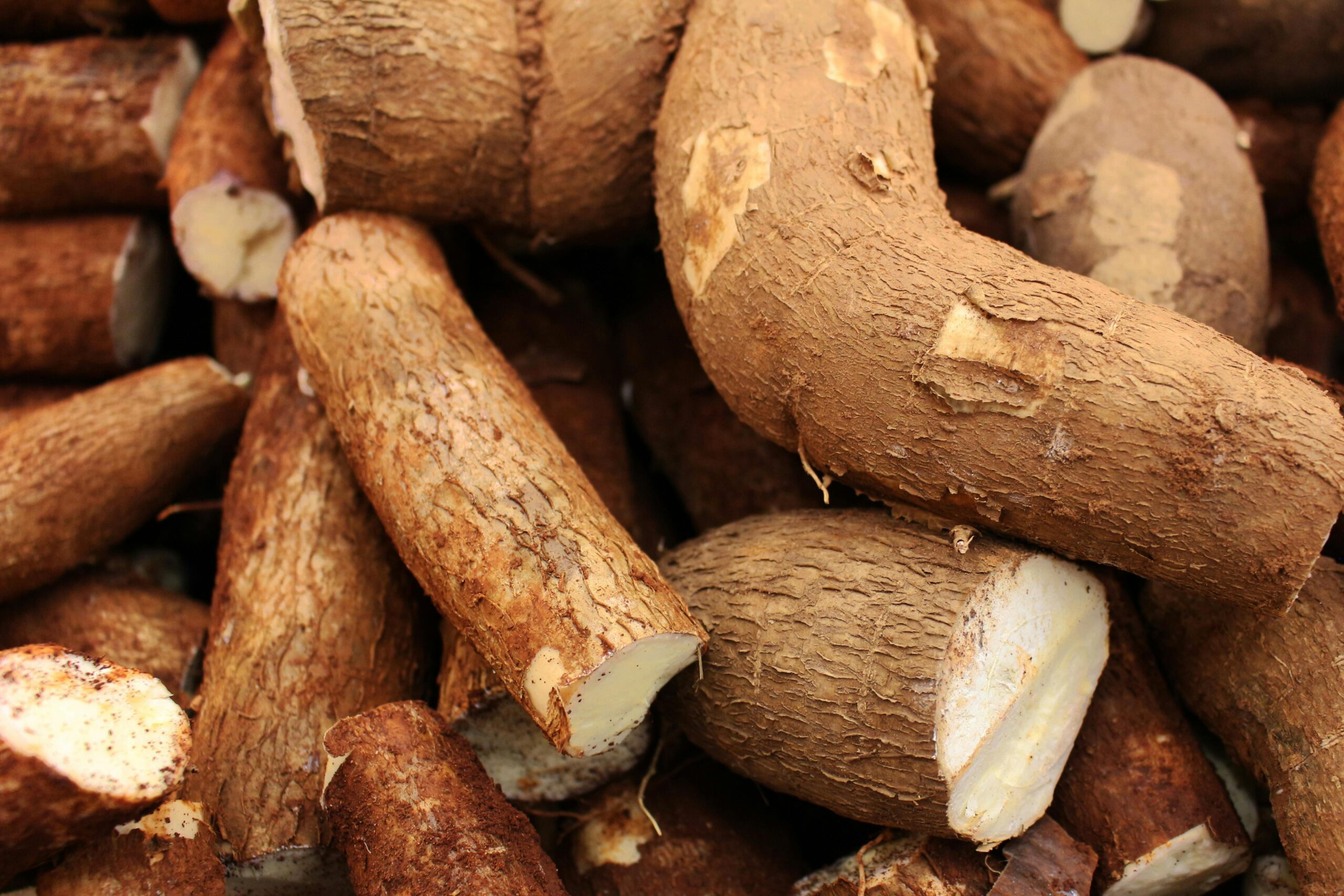
Preservative Properties
One of the unique aspects of cassareep is its preservative properties. Due to its acidic nature and high sugar content, cassareep acts as a natural preservative, allowing dishes to be stored for extended periods without refrigeration. This quality made it invaluable in the past when refrigeration was not readily available.
Flavor Profiles
The flavor of cassareep can vary depending on factors such as the length of boiling and the type of cassava used. Some varieties may have a more pronounced bitterness, while others may lean towards a sweeter profile. Additionally, artisanal versions of cassareep may incorporate spices and herbs, further enhancing its complexity.
Cassareep Recommendations
Cassareep is more than just a cooking ingredient; it is a symbol of Guyanese culinary heritage and tradition. Its rich history and versatile uses make it a beloved staple in kitchens across Guyana and beyond. Whether used in traditional recipes or innovative creations, cassareep continues to captivate taste buds and preserve culinary traditions for generations to come.
Experience the richness of Guyanese cuisine with cassareep. Check out our recommendations.
Affiliate Disclaimer: Shop Little Guyana participates in various affiliate marketing programs, which means we may earn commissions on purchases made through our links to retailer sites. This helps us continue to provide valuable content and recommendations to our readers while supporting our business. Rest assured, our reviews and recommendations are always based on our honest opinions, and we only promote products and services that we genuinely believe will benefit our audience. Thank you for your support!
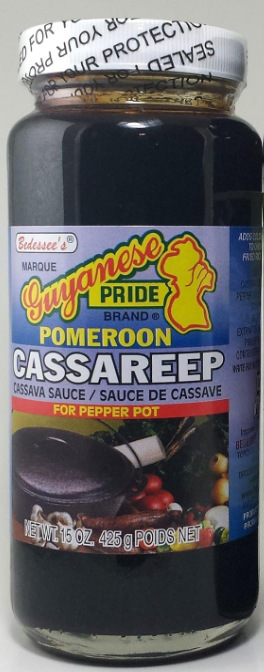
Guyanese Pride Cassareep
Guyanese Pride Cassareep is a traditional and essential ingredient for authentic Guyanese dishes. Made from the juice of the cassava root, it is slowly cooked to create a dark, flavorful syrup that adds depth and richness to your cooking.
Flavor Profile: Sweet, slightly bitter, with a deep, smoky undertone
Best For: Pepperpot, stews, marinades, and sauces
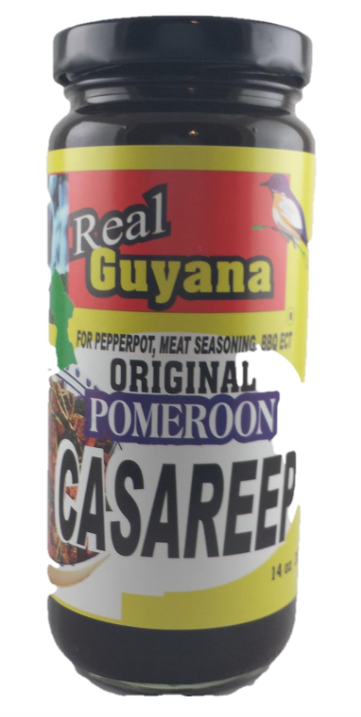
Real Guyana Cassareep
Real Guyana Cassareep is celebrated for its pure, high-quality cassava extract. This cassareep is crafted using traditional methods, ensuring an authentic taste that brings the true flavors of Guyanese cuisine to your table.
Flavor Profile: Rich, complex, with a balance of sweetness and bitterness
Best For: Pepperpot, meat dishes, gravies, and flavoring soups
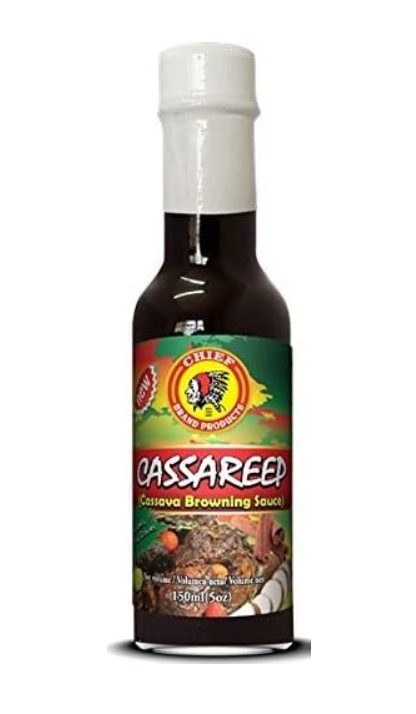
Chief Cassareep
Chief Cassareep is another excellent choice, known for its authentic Caribbean flavor and quality. Made from cassava root juice, it provides a distinct taste that enhances a variety of dishes, making it a versatile addition to your pantry. Flavor Profile: Sweet, robust, with smoky and earthy notes
Best For: Pepperpot, barbecues, glazes, and traditional Caribbean recipes




